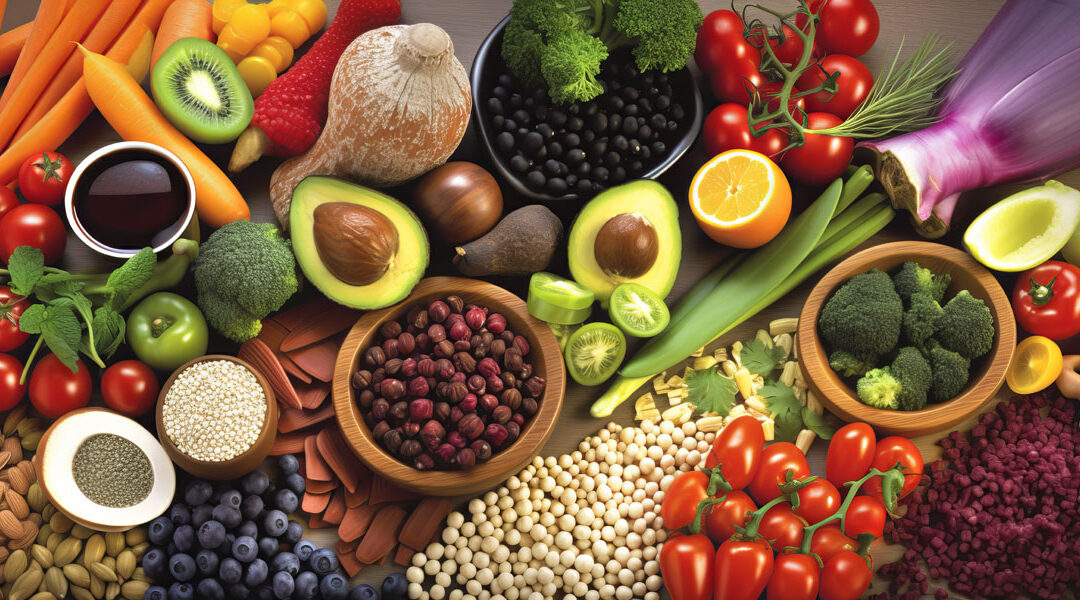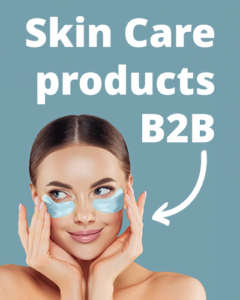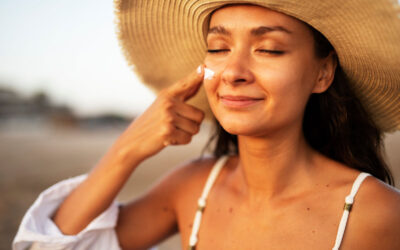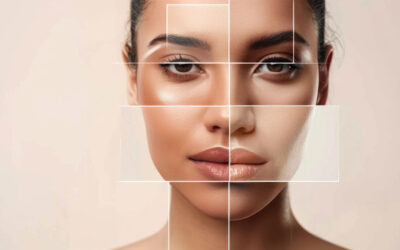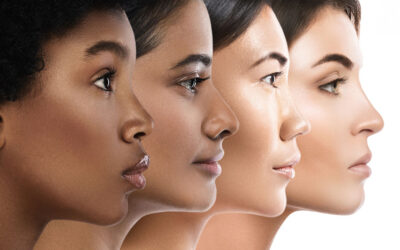Glowing skin is a good sign that your body is healthy. Of course, when you’re young your skin is naturally firmer, without wrinkles, and glows easily. As you age it can seem harder to maintain that healthy glow. The good news is it’s possible, you simply need to understand skin nutrition and how to create a healthy diet for your skin.
Healthy Skin & Nutrition
Your skin is actually the largest organ in your body and one of only two that has the power to regenerate itself. Skin cells are constantly being lost and new ones are grown to replace them. It’s best to visualize your skin in layers, as the top layer comes off, a fresh layer is growing at the bottom. This part of your skin is referred to as the epidermis and is 5 layers deep. Obviously, if new skin cells are constantly appearing, their quality will be affected by the food you eat and your environment. That healthy glow can only happen when your skin is healthy, there are several things which can affect its health:
Oxidative Stress
Free radicals come from your metabolism, exposure to the sun, drinking alcohol, and even eating a lot of processed foods. Unfortunately, free radicals cause oxidative stress which will age your skin faster than usual.
Inflammation
If you have inflammation anywhere in your body it’s likely to cause your body stress. Resources will be diverted to deal with the inflammation, effectively depriving your skin and other organs of the attention they need.
Poor Diet
A poor diet is perhaps the biggest issue preventing you from having glowing skin. Processed foods tend to be high in dairy, carbohydrates, and unhealthy fats. These can trigger skin inflammations and breakouts of acne.
The Right Food For Glowing Skin
If you want glowing skin then you need to start thinking about what you eat. A diet for healthy skin doesn’t need to be complicated or hard work, it’s surprisingly easy to eat healthier.
Vitamins And Minerals For Your Skin
Now you know your skin is an organ you’ll appreciate how vitamins and minerals can help your skin stay healthy, just as they help the rest of your body.
There are several vitamins you should concentrate on adding to your diet. This includes vitamin C which is excellent at preventing the appearance of wrinkles. It’s easily absorbed into your system from citrus fruits, bell peppers, broccoli, and even strawberries.
Vitamin E is also a useful addition. It’s critical to protect your skin cells from damage. The easiest way to boost vitamin E intake is via almonds or sunflower seeds.
Alongside vitamins, several minerals can be beneficial to your skin. The most important one is zinc. It helps to reduce inflammation in the body, reduces outbreaks of acne, and can even help your skin to heal. You can take it orally or apply it directly to your skin.
Antioxidant-rich Foods
The specific antioxidants your skin is after are known as polyphenols. They are found in tea and coffee, although you should be aware of how much caffeine you’re consuming. You can also polyphenols, such as resveratrol and phenolic acids in grapes and dark chocolate. Adding a little of this to your diet will help reduce roughness in your skin and protect it from sun damage.
Omega-3 And Fatty Acids For Skin Health
Omega-3 and fatty acids are known to help reduce inflammation in your body and lower unhealthy cholesterol. However, it’s also good for your skin. The omega-3 and fatty acids will help to keep collagen in your skin. Collagen creates elasticity and helps your skin look fuller. Without it, you’ll quickly get wrinkles and even sagging skin. Omega-3 is found in oily fish, such as salmon, sardines, tuna, and even mackerel. If you prefer plant-based options try some chia seeds, walnuts or almonds, or even flaxseeds.
Foods To Avoid For Problematic Skin
Not all foods are created equal. Those that are generally not good for your skin are processed. That means they are high in unhealthy fats and sugar. These types of food overload your system, causing it stress and this is released through your skin.
If you’re trying to make your skin glow you should avoid food and drinks such as sodas, spicy foods, especially if you have rosacea, and pasta! Although we mention pasta, it’s actually any refined carb. They are likely to cause inflammation which will stress your skin and leave it looking tired, not glowing.
You should also note that dairy can be a problem. Eating a little is okay, but too much will cause acne outbreaks and tired-looking skin. It’s also a good idea to avoid fried chicken, potato chips, and any product high in sugar.
With a little thought, you can create a healthy diet which will be reflected in your glowing skin.

